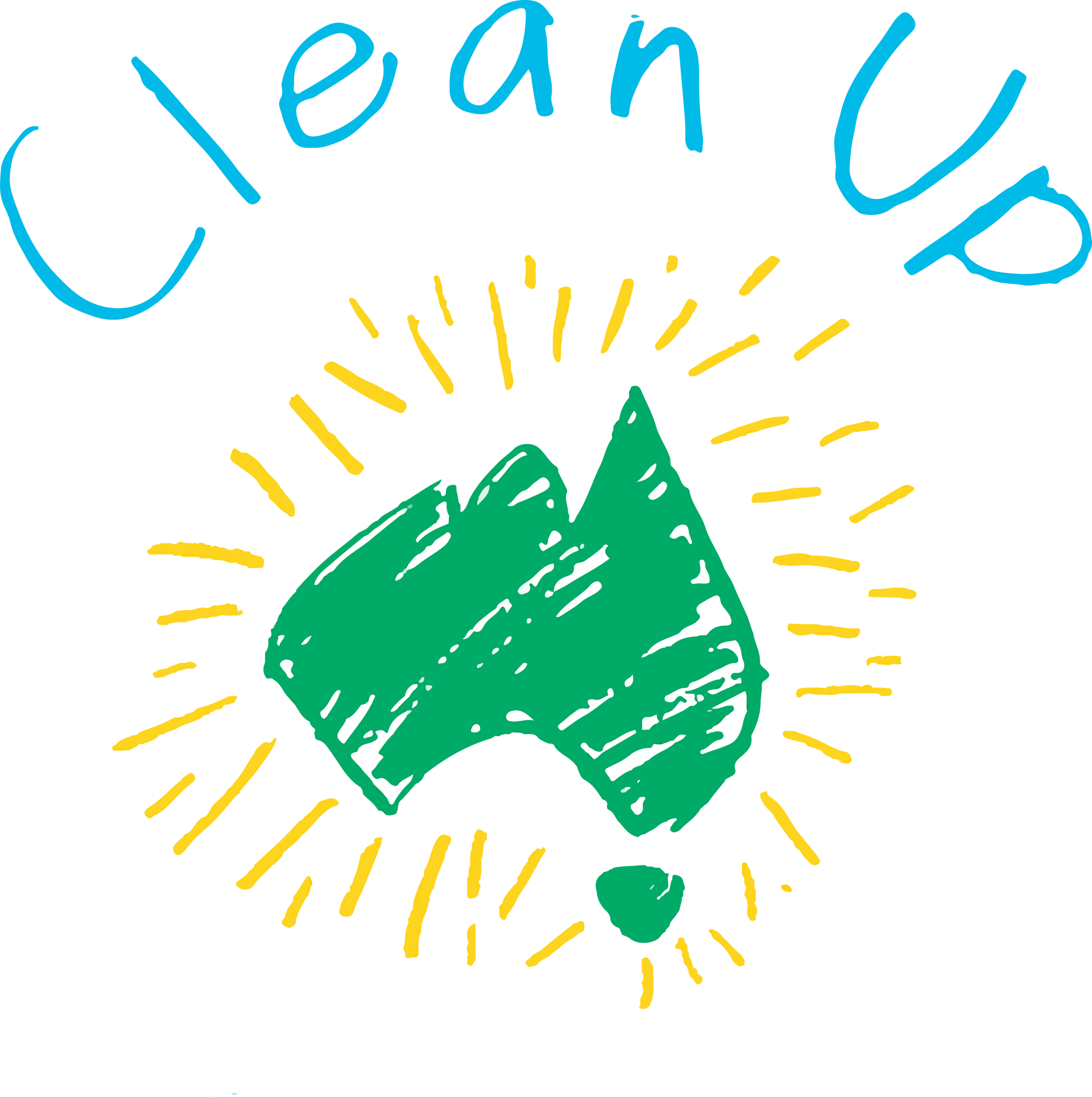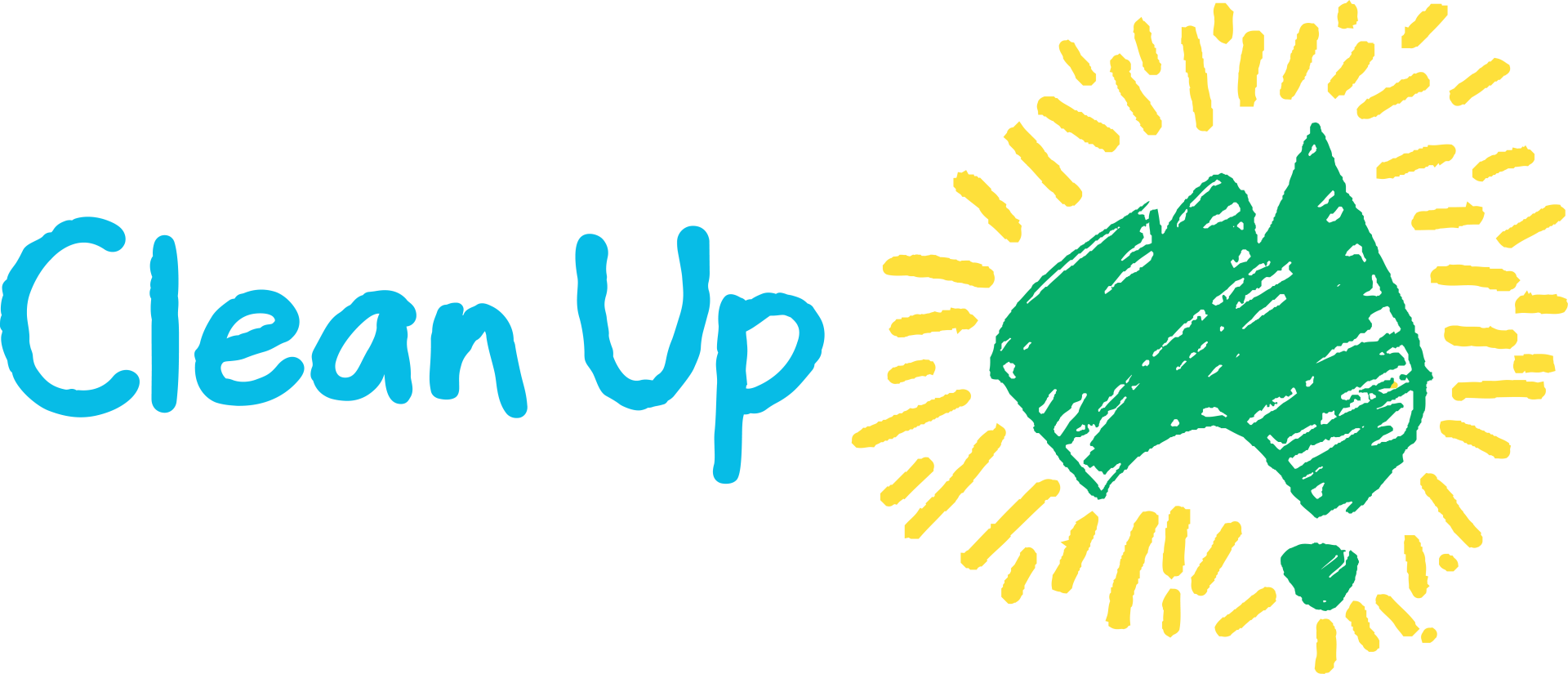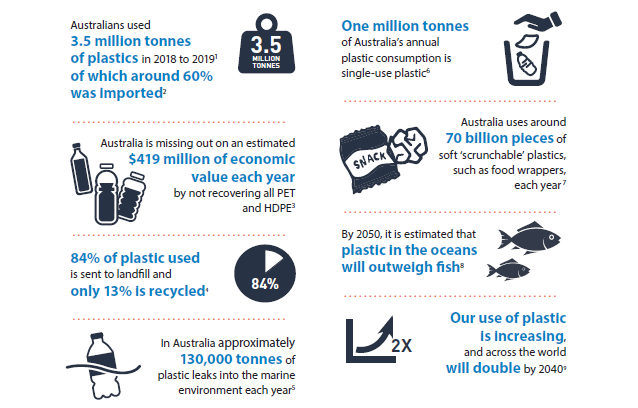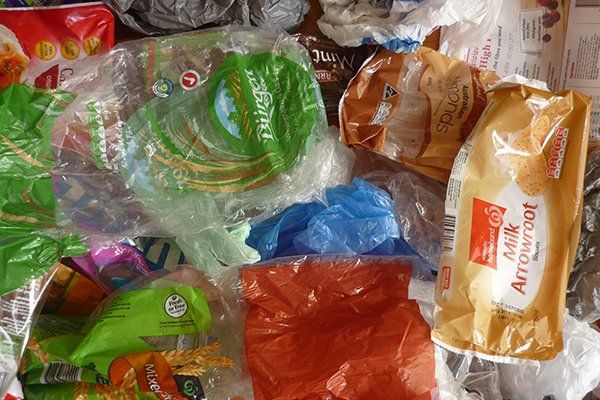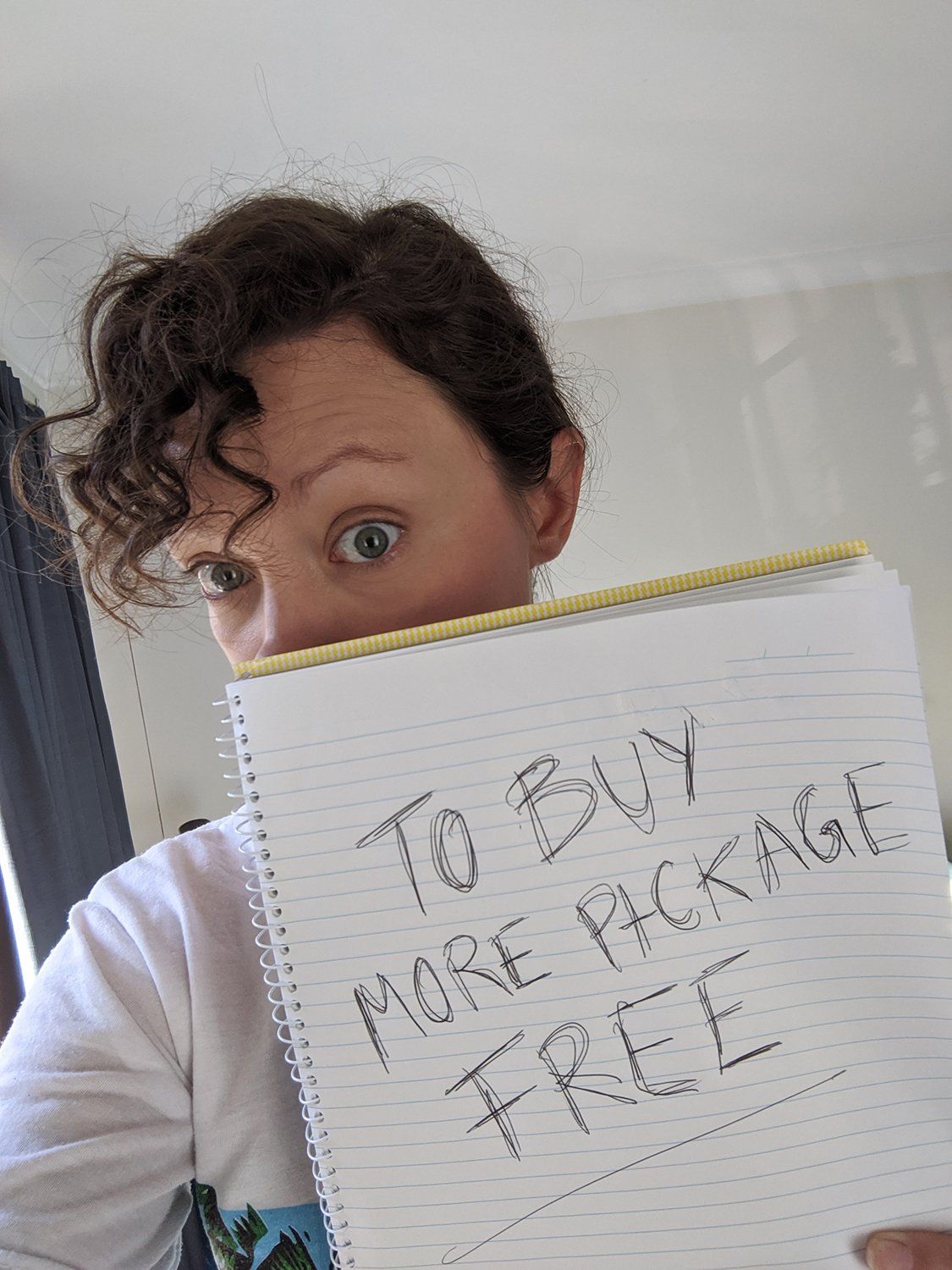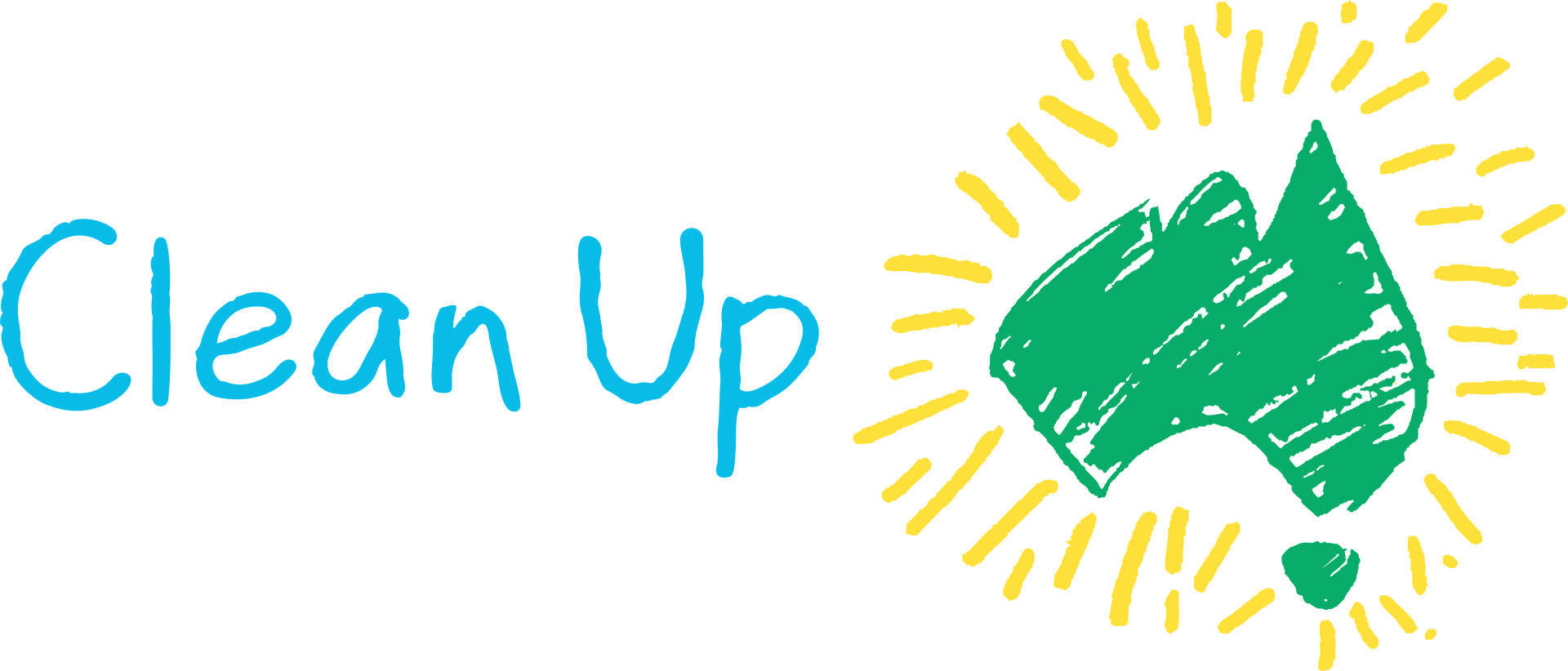While collectible toy programs like Little Shop and Stikeez have been popular with customers in the past, they no longer align with Coles’ sustainability ambitions, according to Coles Chief Marketing Officer Lisa Ronson. She said part of Coles’ journey to become more sustainable is to look for opportunities to reduce unnecessary plastic.
“Coles has been in the lives and homes of Australians for more than 100 years and our unique position in Australia comes with responsibility,” Ms Ronson said.
“We are proud to be now using our marketing platforms to raise awareness of our sustainability ambition which is focussed on acting together now for generations of Australians ahead. We are on a journey and understand our responsibility to minimise our environmental footprint and to show leadership in protecting our planet and climate.
“Our ambition is to be Australia’s most sustainable supermarket which means we need to be committed to reducing plastic where we can in our business. Coles’ pledge to reduce unnecessary plastic extends throughout our business. We are committed to innovating when it comes to packaging so that where we can’t eliminate packaging and plastic, we are ensuring it’s contributing to the circular economy by being produced with recycled content where possible, as well as being recyclable.”
Pip Kiernan, Chairman of Clean Up Australia said it was encouraging to see Coles making meaningful changes to all parts of their business. “What we are seeing here is strategy in action by Coles to reduce single use plastics. Coles is being true to their word that they want to be the most sustainable supermarket in Australia and is taking deliberate steps to get there,” she said.
Pip Kiernan says that the overwhelming majority of rubbish picked up by volunteers over the last 32 years that Clean Up Australia has been taking place is plastics. She said today's announcement was good progress and is the sort of change that Australians want to see.
“We know that community desire for change is enormous and Australians support the phasing out of problematic plastics. Earlier this year we surveyed 9,000 of our Clean Up Australia volunteers and 95% of them were strongly supportive of the phasing out of problematic single use plastics.
This country now produces 2.5 million tonnes of plastic waste each year, equating to 100kg per person. Of this, only 13% of plastic is recovered and 84% is sent to landfill. More concerningly, around 130,000 tonnes of the plastic we consume leaks into the marine environment each year:
Coles is making further progress on reducing unnecessary plastic. As part of its pledge to make packaging more sustainable, Coles has removed 31 million soaker pads from meat trays this year. This means 31 million soaker pads not being sent to landfill.
Coles will also close the loop on the packaging of some of its most popular instore bakery items by committing to have them made with 100% recycled content in FY22, in addition to already being fully recyclable at kerbside.
The change will apply to 60 million pieces of packaging each year on instore bakery products like cookies, donuts, danishes and muffins. Instead, the packaging will be made from 100% Recycled PET, a sustainable solution that also requires less energy to manufacture per kilogram than virgin PET, further contributing to a decrease in the environmental footprint.
Coles Group no longer sells single-use plastic tableware products including cups, plates, bowls, straws and cutlery and reaffirmed its commitment to packaging sustainability by joining the Australia, New Zealand and Pacific Islands Plastics Pact (ANZPAC) as a founding member, committed to eliminating unnecessary and problematic plastic packaging and ensuring 100 per cent of plastic packaging is recyclable, reusable or compostable by 2025.
